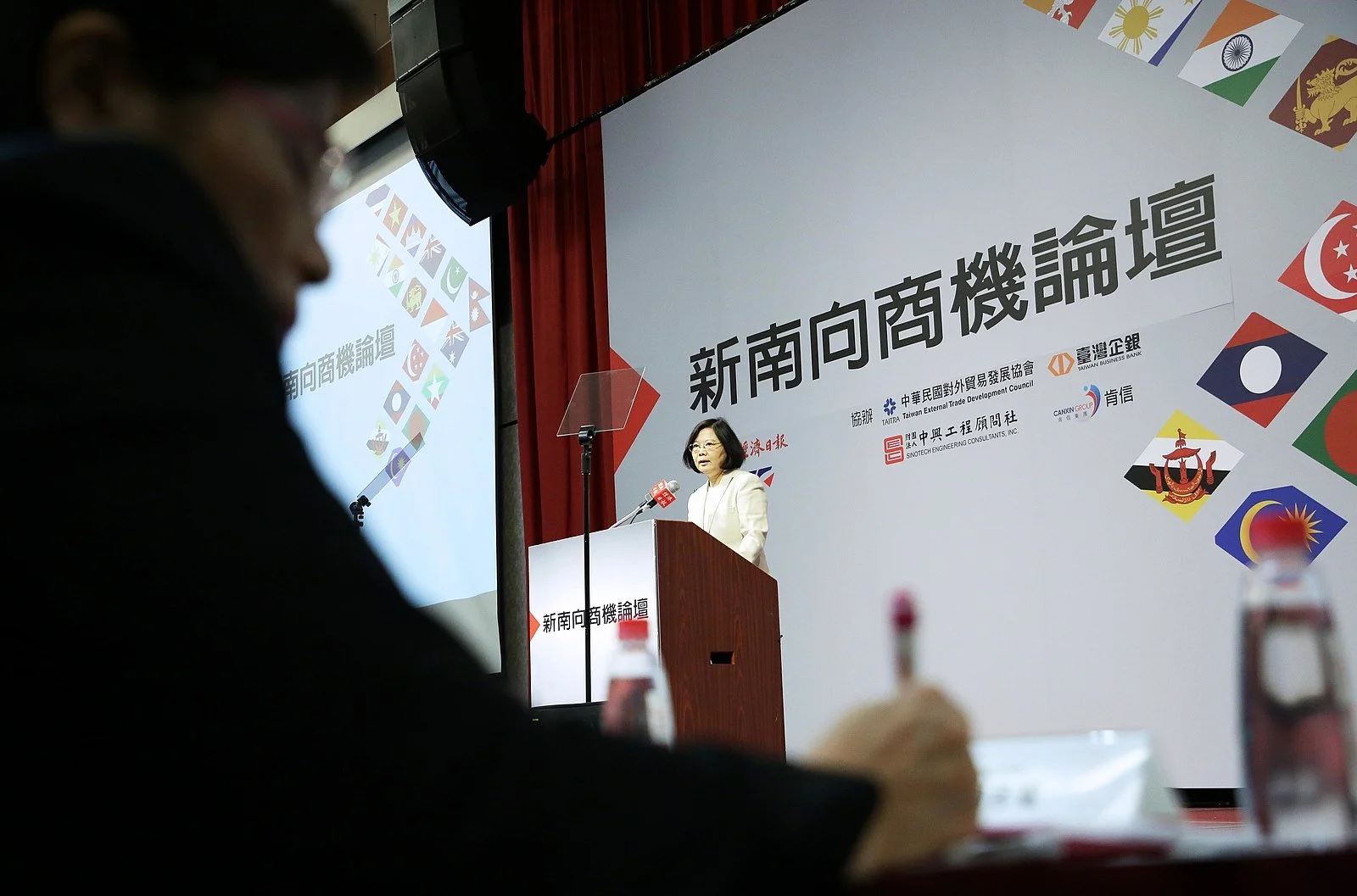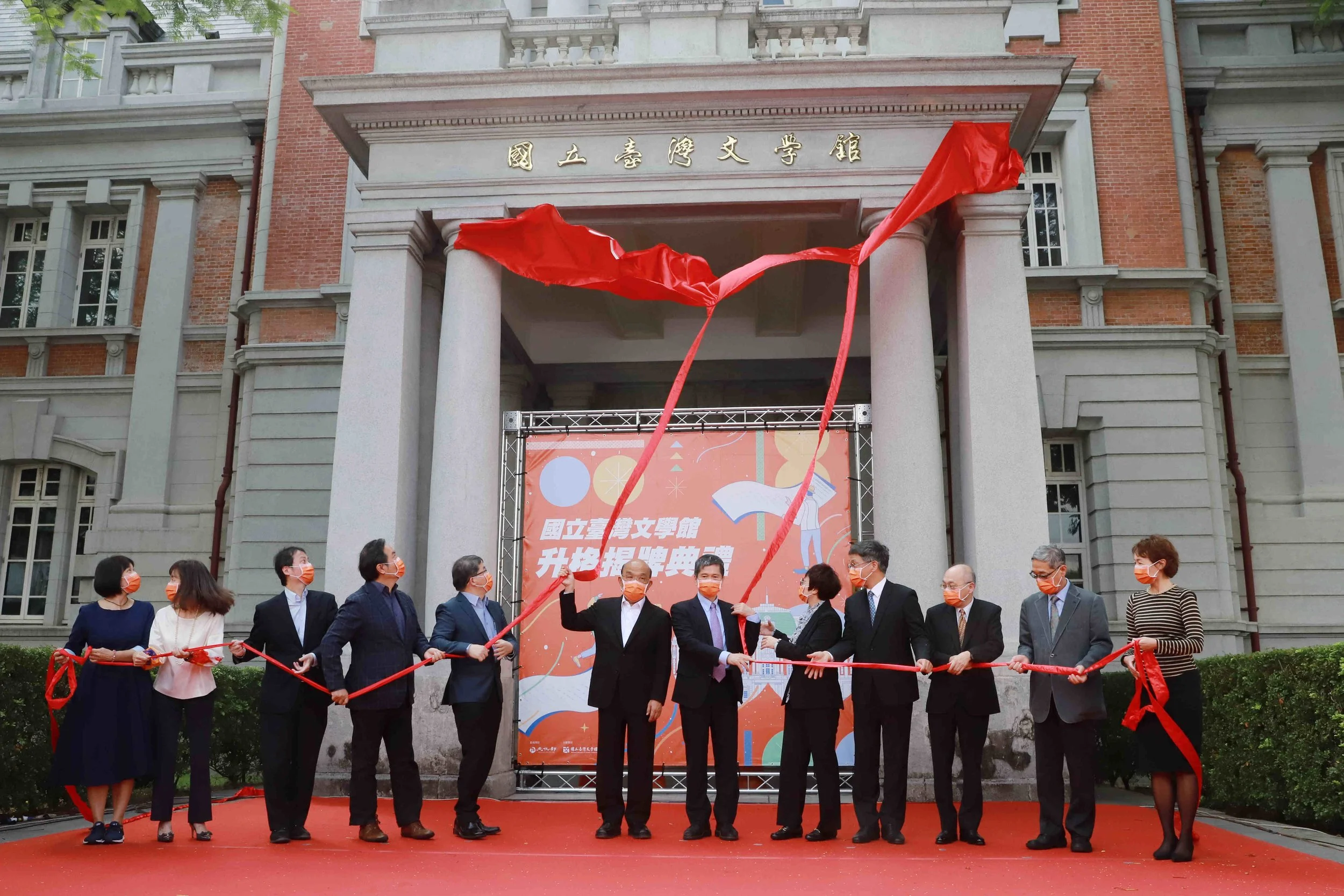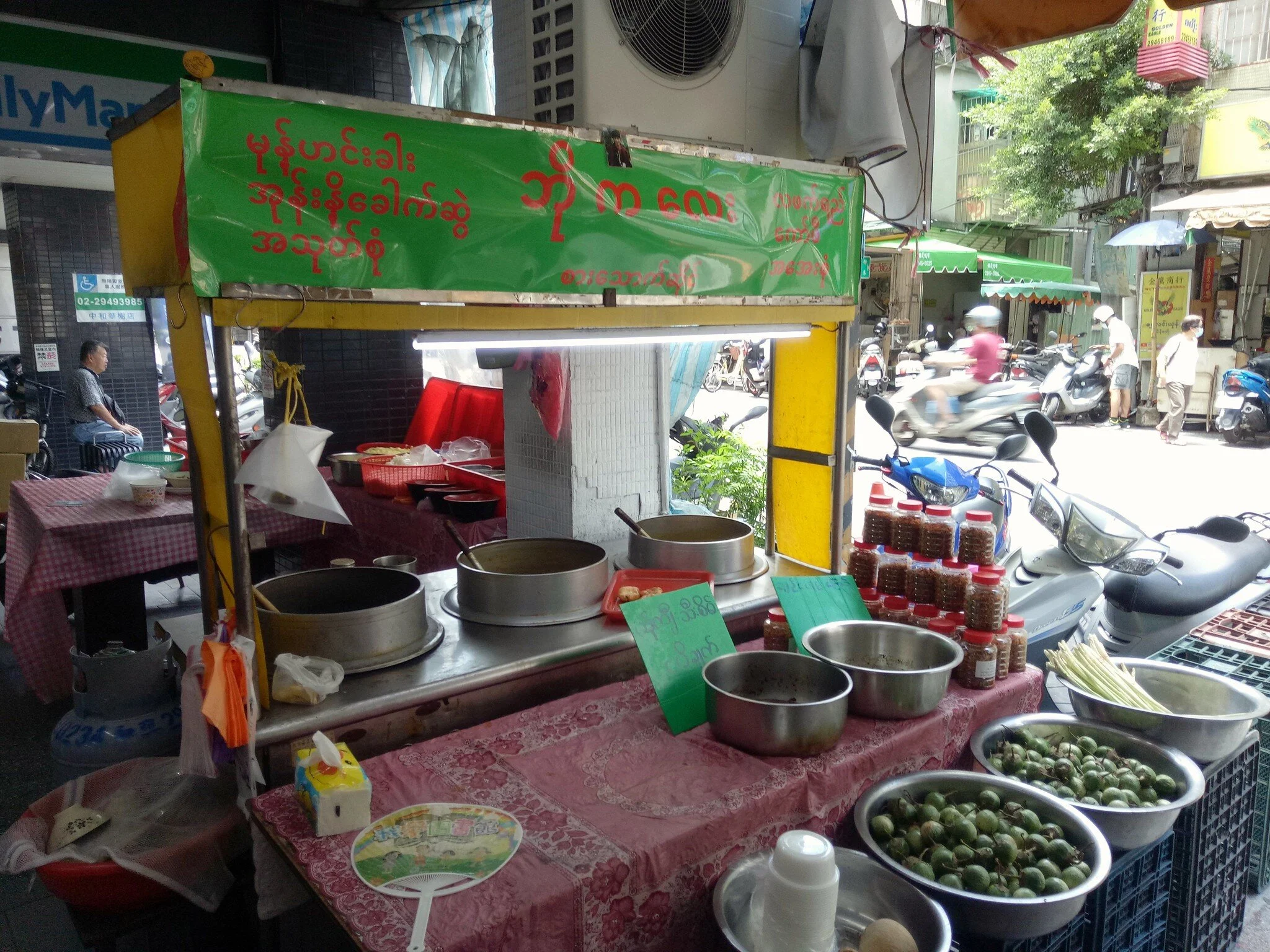The Taiwan Gazette translates and publishes original reporting from Taiwan, Hong Kong and China. Our goal with the platform is simple: We want original reporting from the Sinosphere to have a wider impact on global civil society.
EDUCATION
Featured
We are pleased to discuss with Professor Lan her research on migrants, parenting, and second-generation children in Taiwan. In this last part, Professor Lan discusses her experiences in public sociology and shares some tips for students engaging in Taiwan Studies.
“Taiwan literature can be conceived of as every single mode of literary expression that has left an existential trace on Taiwan,” said Dr. Shuo-bin Su (蘇碩斌), director of the National Museum of Taiwan Literature. The research, preservation, and promotion of such modes of expression, however, either failed to receive organized institutional support or was subsumed under a China-centered historiographical perspective before the lifting of martial law in Taiwan. The establishment of Taiwan literature as a field of academic inquiry became possible thanks to the political liberalization of Taiwanese society and the emergence of a “Taiwan consciousness” since the 1980s. What might be the challenges and possibilities facing the field of Taiwan literature, then and now? What might be the new directions of the field? This interview features as part of our special issue: Encountering Everyday Life: Taiwan in Museums.
Before the lifting of martial law in 1987, the research, preservation, and promotion of Taiwan literature in Taiwan either failed to receive organized institutional support or was subsumed under a China-centered historiographical perspective. The establishment of Taiwan literature as a field of academic inquiry became possible thanks to the political liberalization of Taiwanese society and the emergence of a “Taiwan consciousness” since the 1980s. What might be the challenges and possibilities facing the field of Taiwan literature, then and now? What might be the new directions of the field? This interview features as part of our special issue: Encountering Everyday Life: Taiwan in Museums.
Huaxin Street, also known as Little Burma, is home to a large overseas Burmese-Chinese community in Taiwan. How did this community come to be? How did the overseas Chinese policies of “Free China”’ contribute to this rise of this community? What can we learn from this community’s relationship with its “homeland”?
George Leslie Mackay, a Presbyterian missionary based in late nineteenth-century Tamsui, might be the most well-known Canadian in Taiwan. His last surviving granddaughter, Margaret, passed away earlier this week.
The Taiwan Gazette screened the documentary film Our Youth in Taiwan from March 8 to 14, 2021. We sat down with University of Toronto Professor Michelle Cho to discuss Taiwan-China geopolitical relations and the usage of “worlding” within the context of the film.
Between 1949 and 1999, the National Defense Medical Center was located around what is now the Shuiyuan Campus of National Taiwan University. Ghastly rumors about the site circulated among present-day college students. Why was the site haunted and by whom? What might be the ghosts’ unfulfilled wishes? How have fictions and oral narratives about the White Terror in Taiwan contributed to a haunted remembering of the site? And how should we reckon with the ghastly heritage of NTU’s Shuiyuan Campus and beyond?
How is Taiwan seen under the gaze of others? What might hinder people from understanding Taiwan as it is through a more realistic approach? How can Taiwanese establish and present its own subjectivity? Lin Wei-Yun ‘s (林蔚昀) insightful critique of a Polish edited volume on Taiwan might provide some meaningful clues.
The Taiwan Gazette interviews Taiwan-based cultural studies scholar Chien-ting Lin to discuss how Taiwan’s treatment of Mainland Chinese students (lusheng) during COVID-19 can be understood in terms of war and love. Divided into two parts, this interview is the fourth piece of our special series: Lusheng in Taiwan: Contradictions and Anticipations.
The Taiwan Gazette interviews Taiwan-based cultural studies scholar Chien-ting Lin to discuss how Taiwan’s treatment of Mainland Chinese students (lusheng) during COVID-19 can be understood in terms of war and love. Divided into two parts, this interview is the fourth piece of our special series: Lusheng in Taiwan: Contradictions and Anticipations.
Pei is a Mainland Chinese student who has studied in both Taiwan and Hong Kong. How is she “represented” in debates in different places? What are her insights on identity politics, nationalism, and populism? Introducing the third piece of our special series: Lusheng in Taiwan: Contradictions and Anticipations.
Many in Hong Kong see immigration as a means to escape China’s tightened control over the city they called home. The Reporter interviews immigrants who moved from Hong Kong to Taiwan between 1969 to 2020 for different reasons. What were their strategies of adaptation and integration? How did they deal with their feelings toward immigration—a feeling of being so close yet so far?
2021 marks the tenth anniversary of Mainland Chinese students (lusheng) pursuing degrees at Taiwan's higher education institutions. However, in fall 2021 China’s Ministry of Education will suspend their enrolment. How might we address the changing political economy that shapes and contests policies for lusheng? What will become of these students? Introducing the second piece of our special series: Lusheng in Taiwan: Contradictions and Anticipations.
When Covid-19 broke out in China in January 2020, Chinese students studying in Taiwan (lusheng) found themselves caught between geopolitical tensions. The pandemic is not only a health issue for these young people, but a political issue as well. Introducing the first piece of the special series: Lusheng in Taiwan: Contradictions and Anticipations.
Chen Meihua, professor of sociology at Sun Yat-sen University, says misogynist speeches by KMT candidate Han Kuo-yu not only scared away women’s votes, but also the youth vote.
Writer Tang Shu-wen says the ghosts of the martial law period lived on in Taiwanese schools for nearly fifteen years.
The “Asia Silicon Valley” plan was supposed to fix Taiwan’s brain drain problem, but critics say it’s not working.
Beijing is making it easier than ever for Taiwanese youth to study in China, but are students taking the bait?
Lu Chen-wei says studying in China helps Taiwanese youth change stereotypical perceptions. But does the same apply to their own political identities?
In the face of China’s cultural industries furiously seeking assimilation, Minister Cheng Li-Chun is completely confident in Taiwan’s film and TV sectors.
Taiwan’s national anthem, flag and democratic history may be absent in future Taiwanese film productions.
For Big Ideas 2017, the Taiwan Gazette covers five research projects, authored by seven young scholars coming from a wide range of disciplines.


























